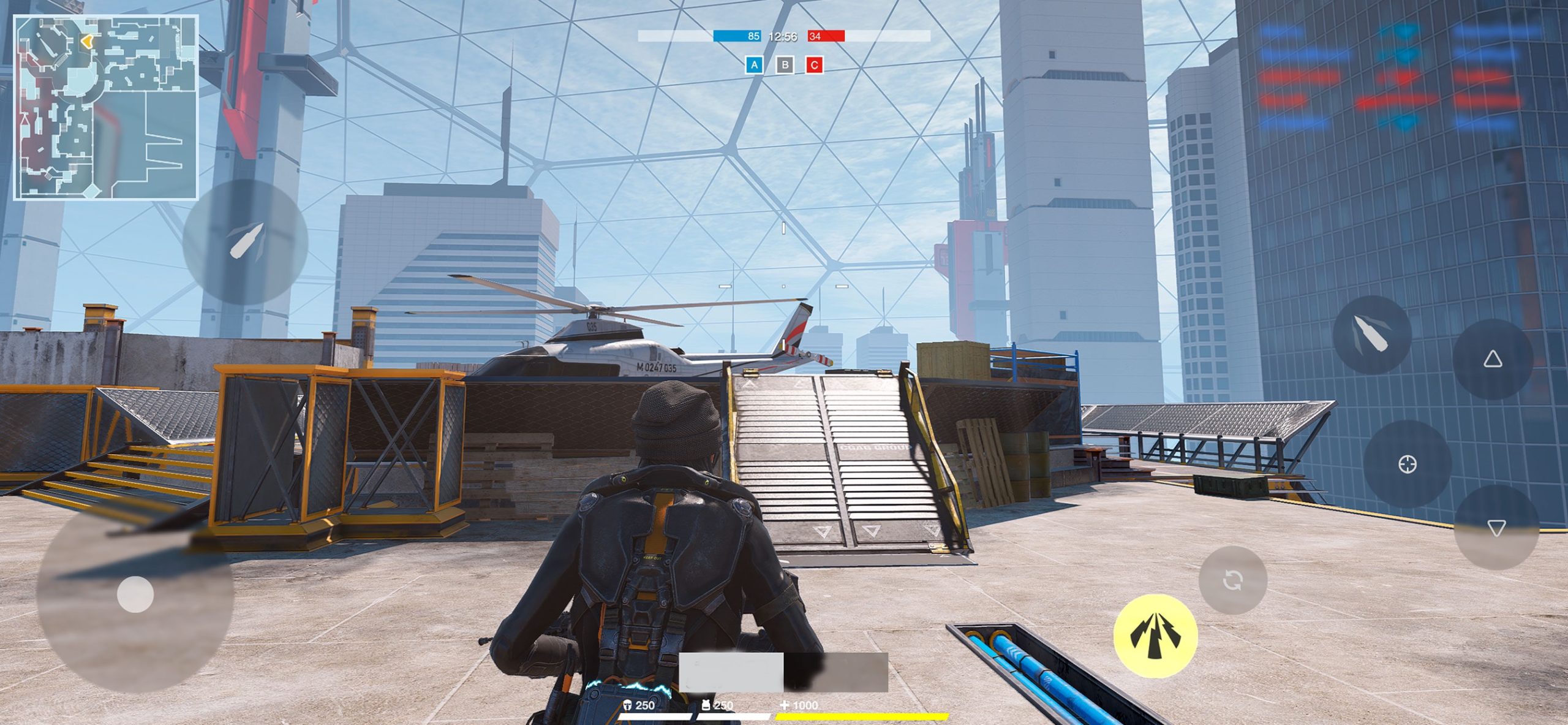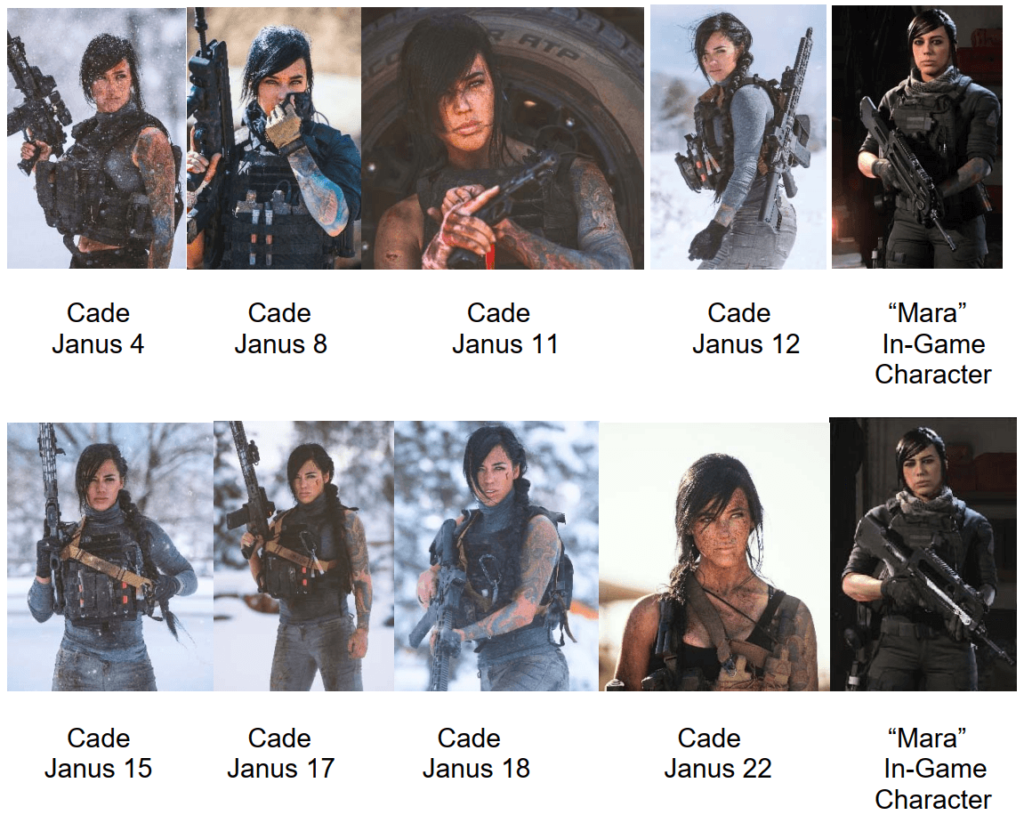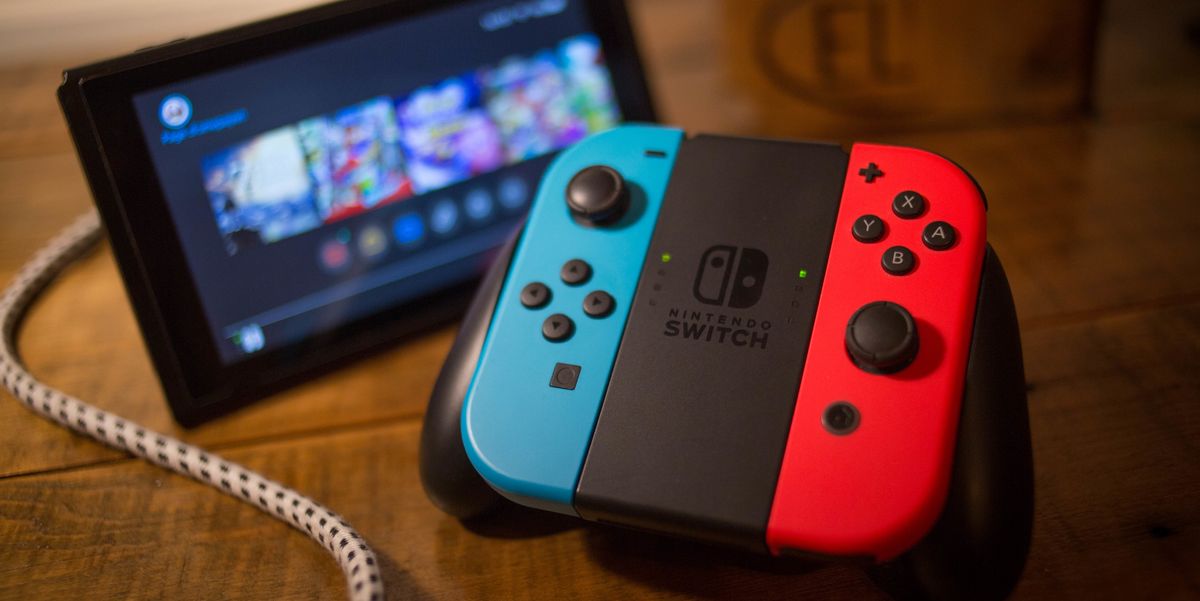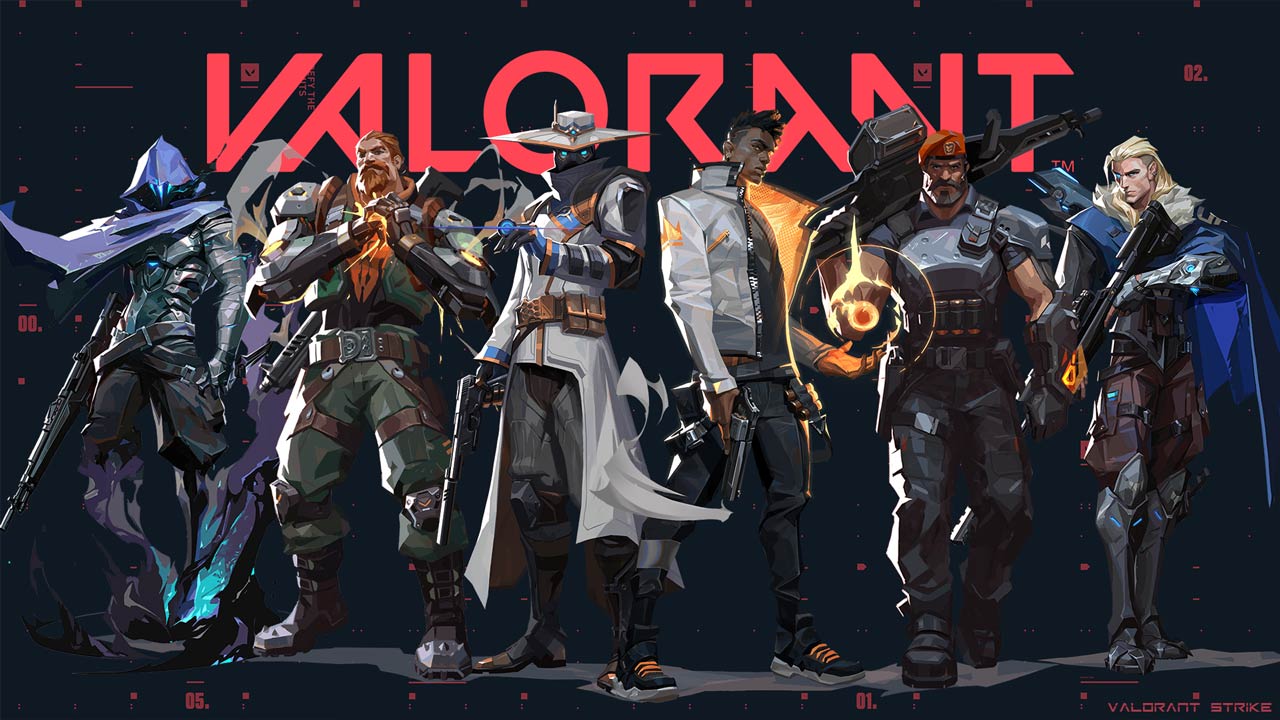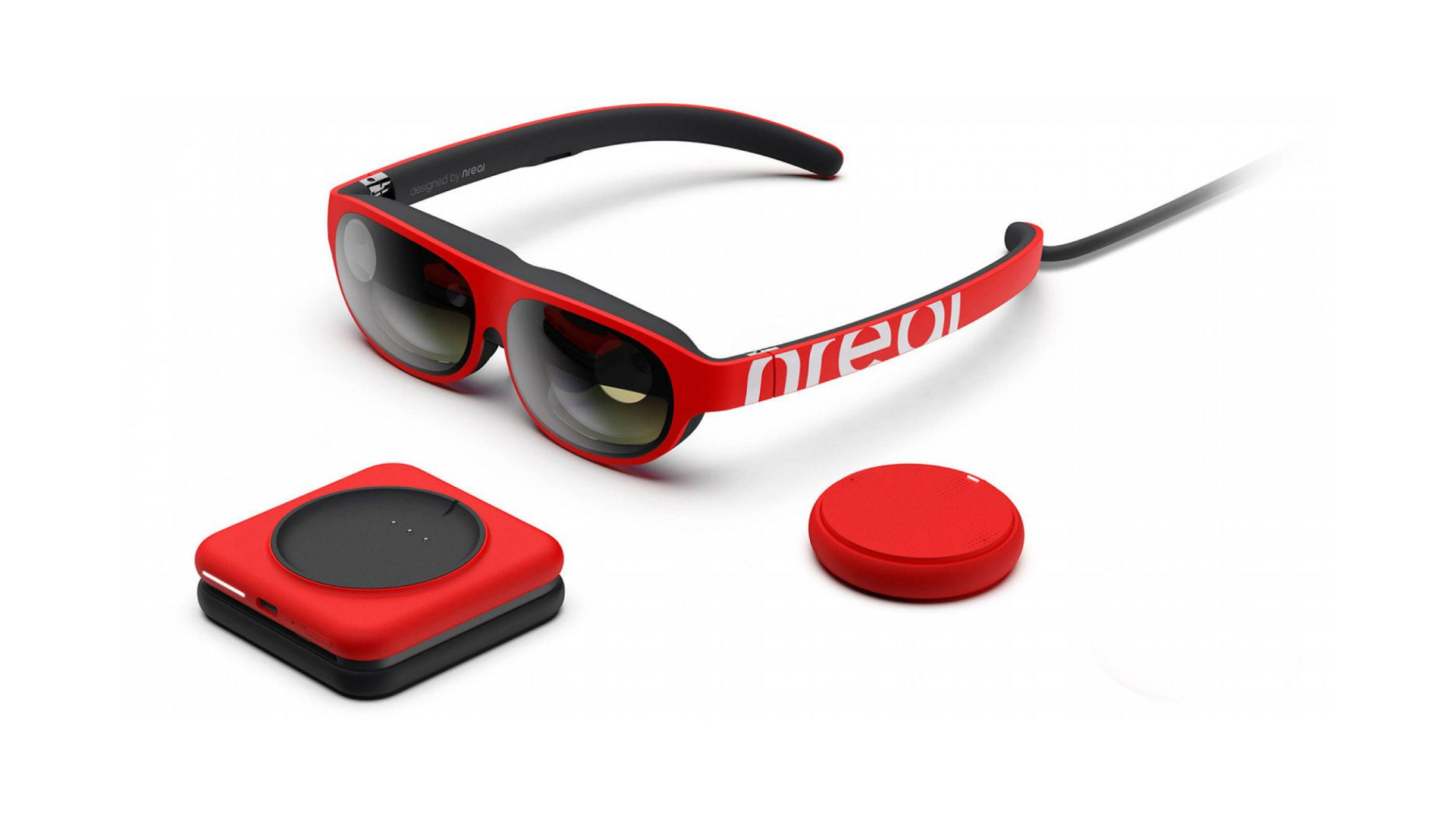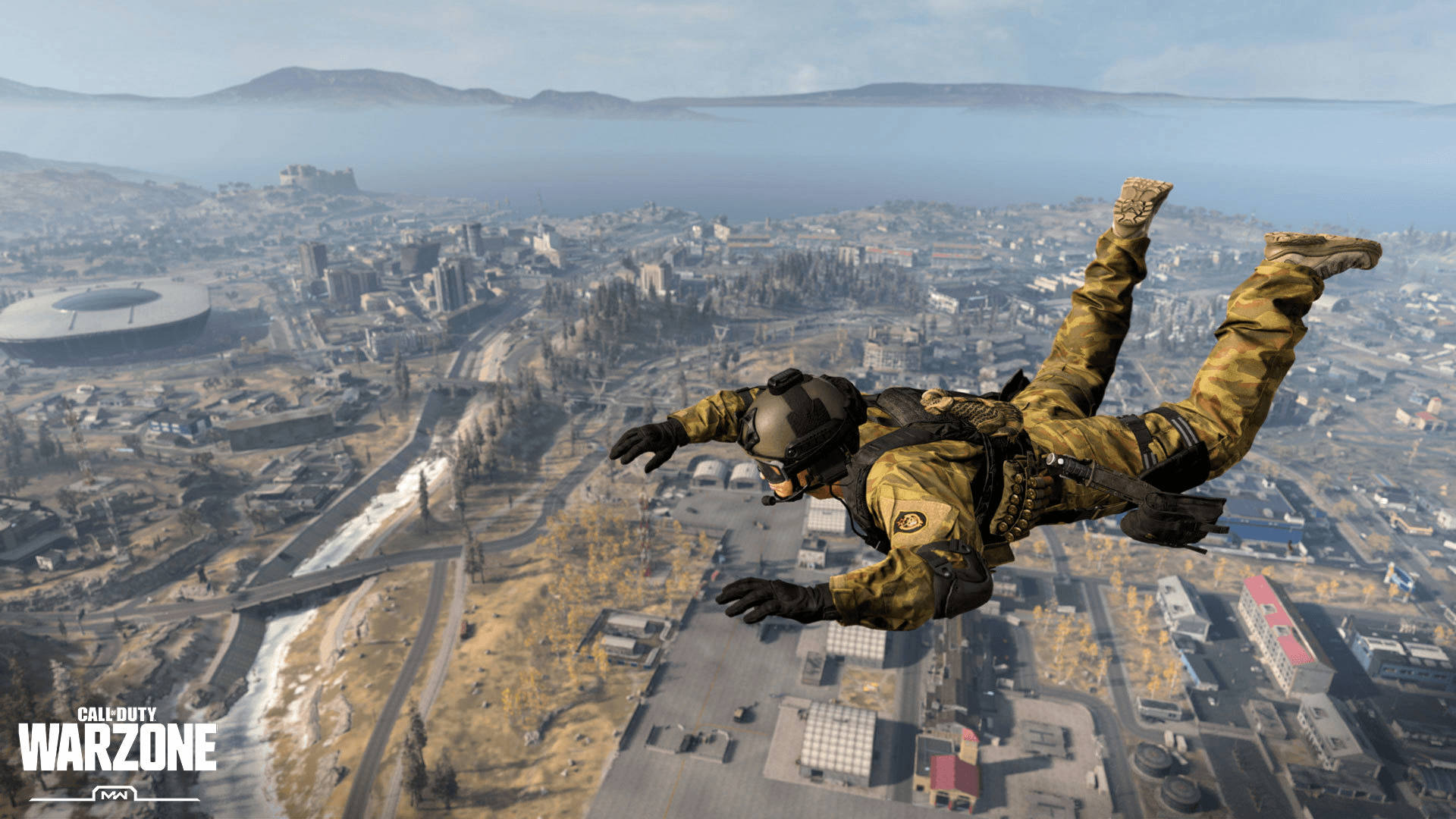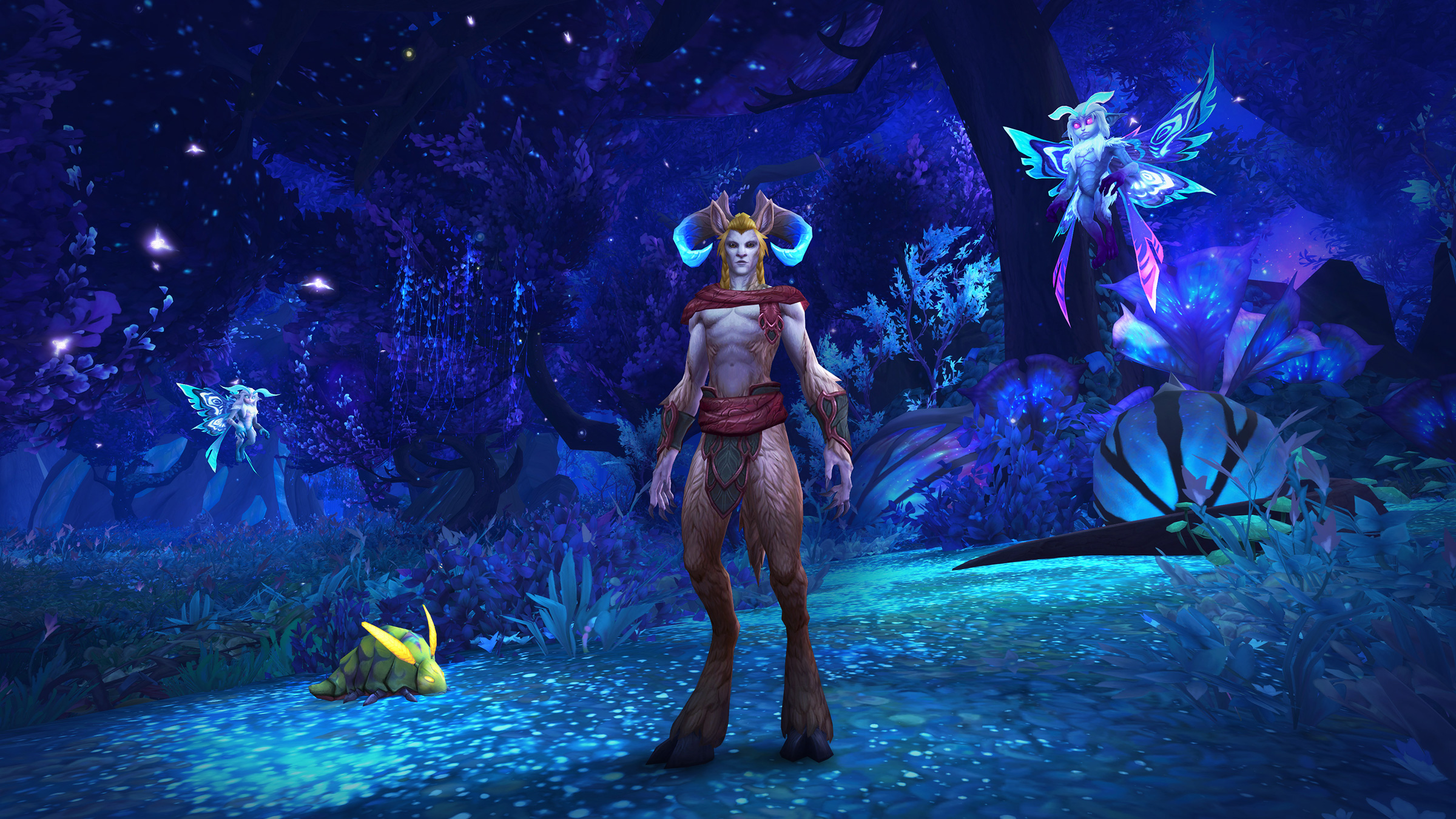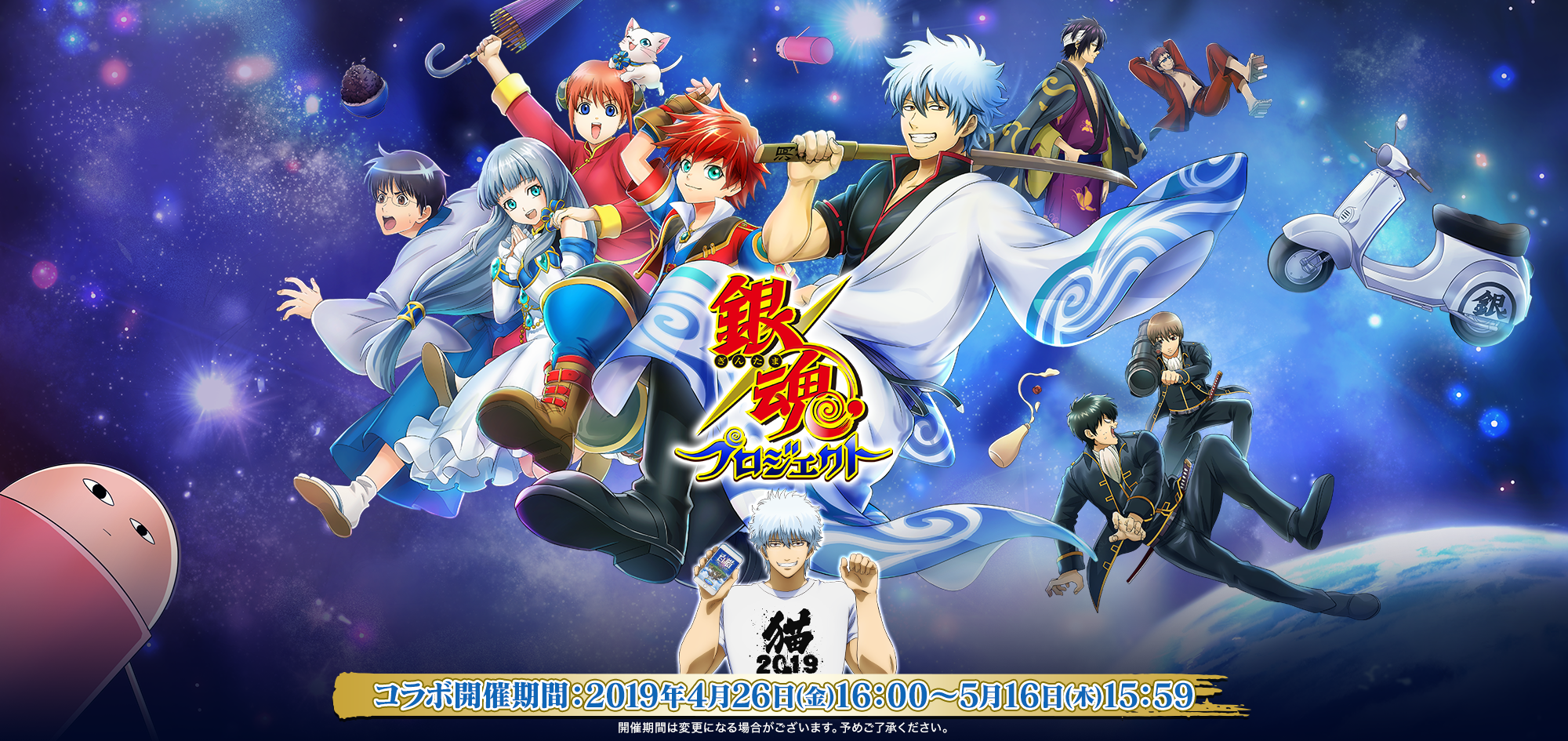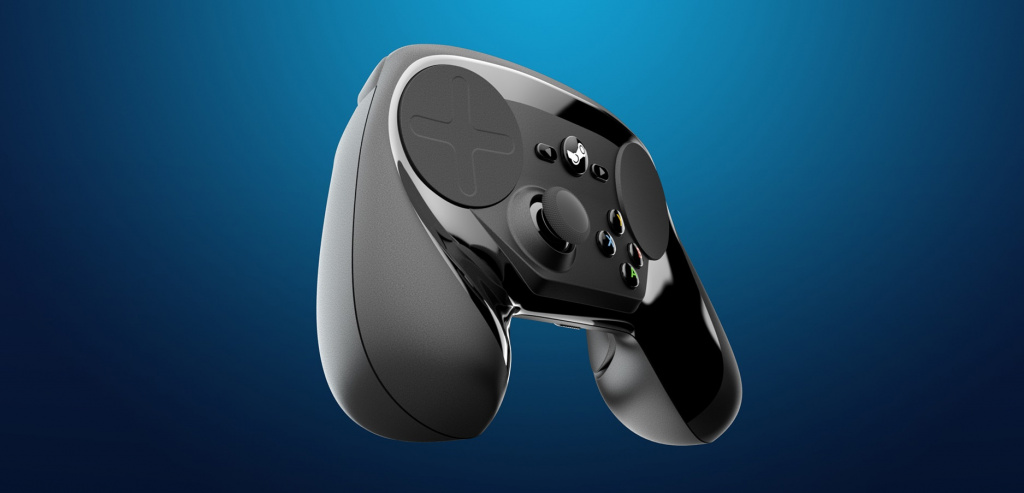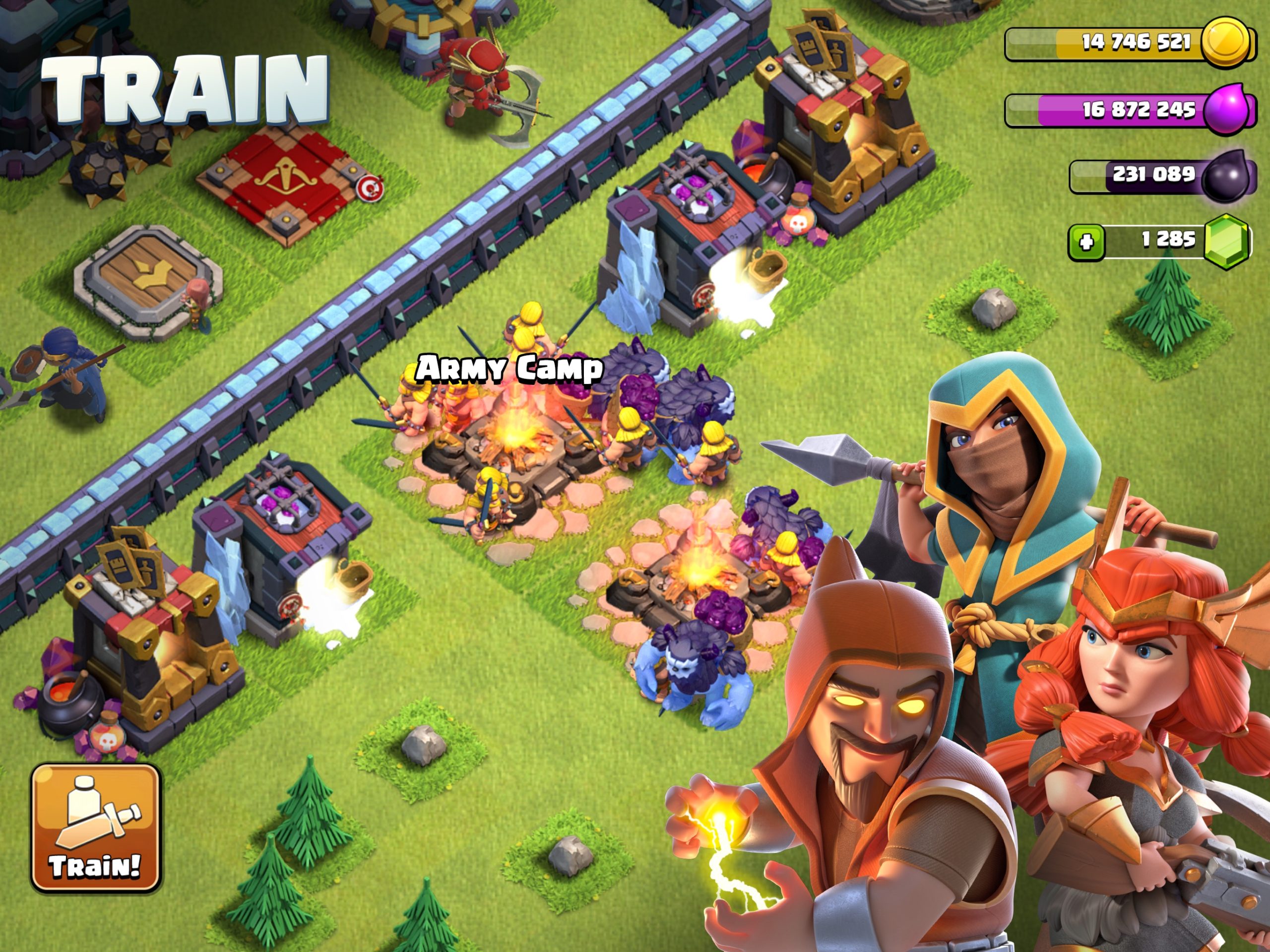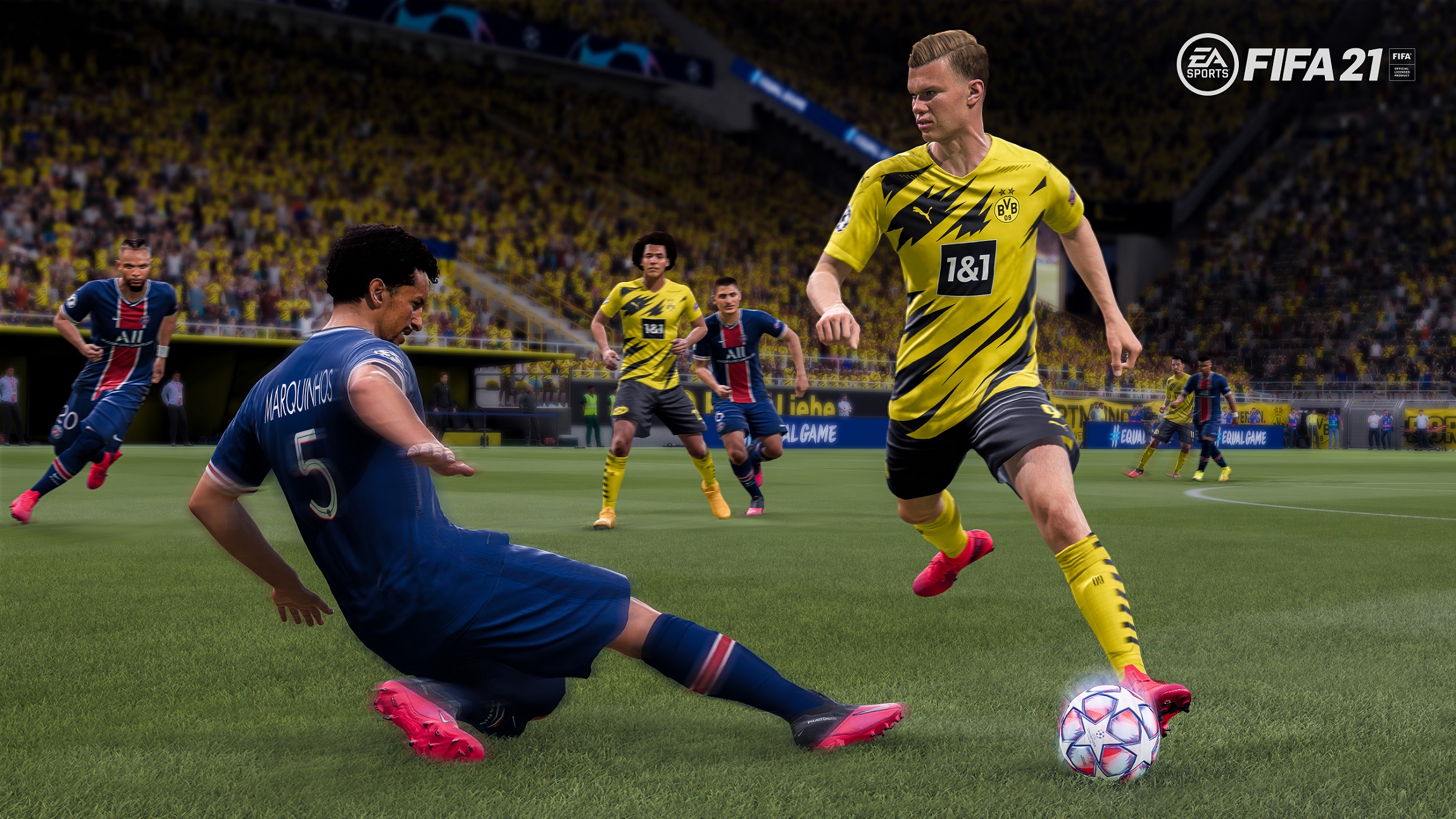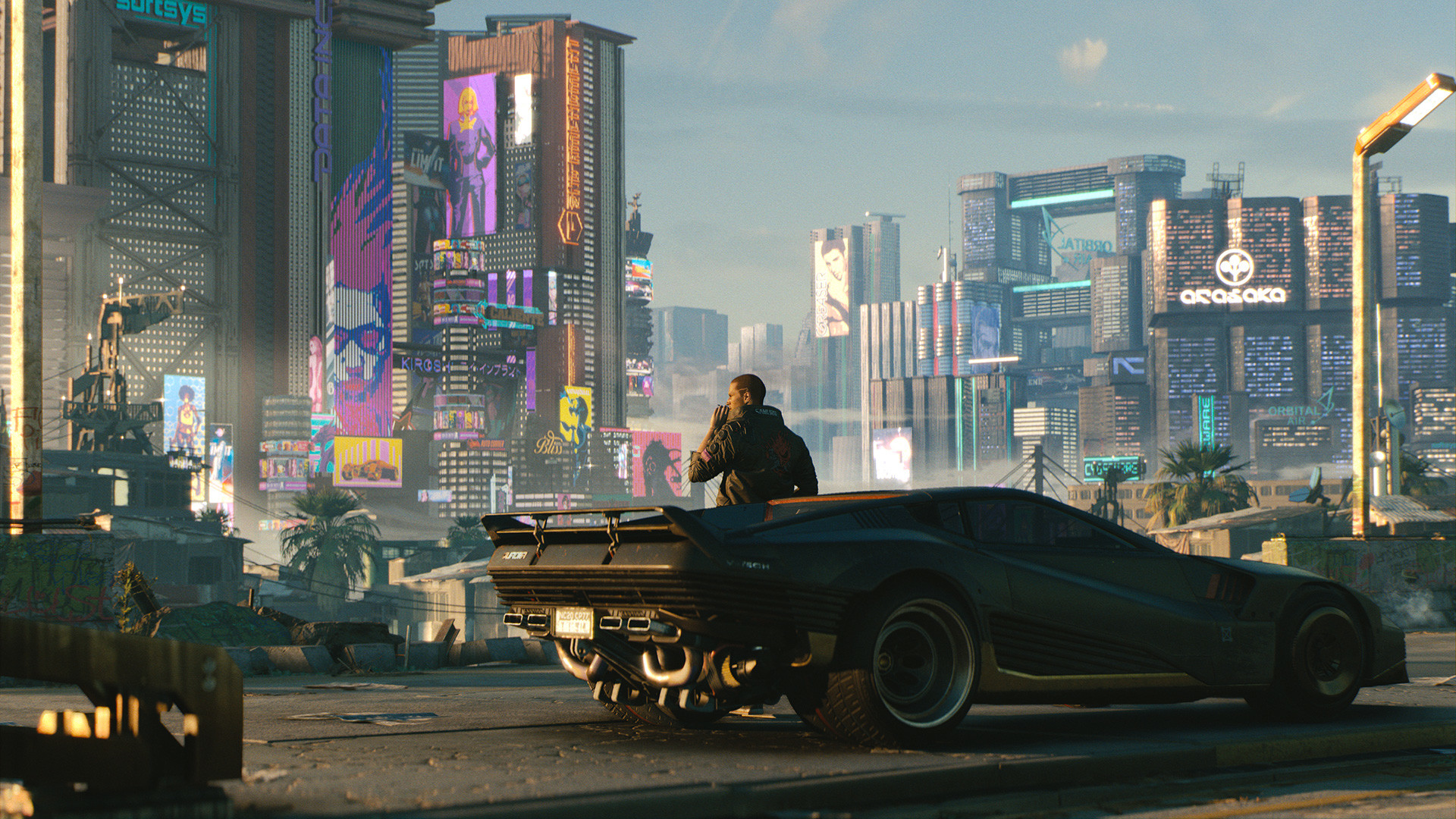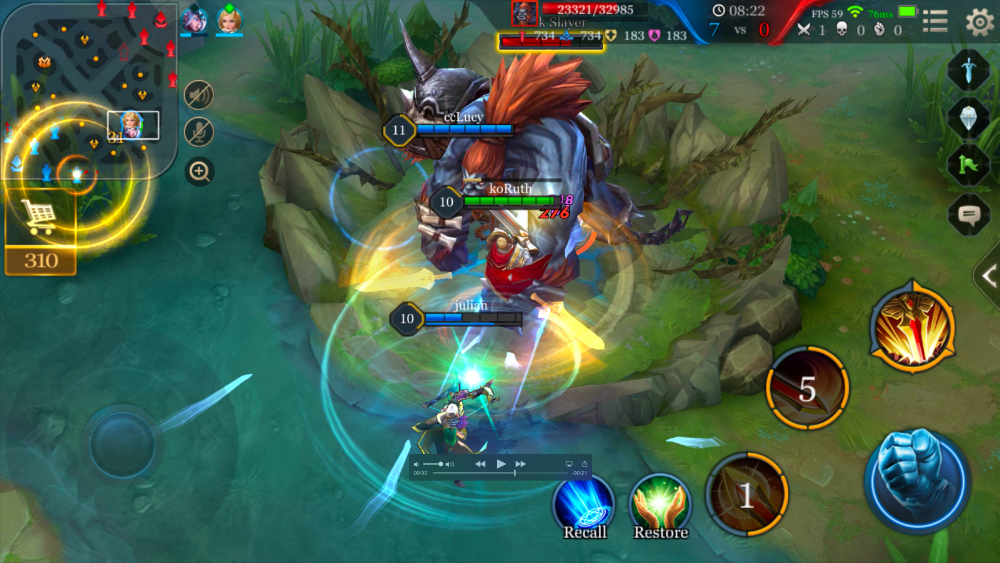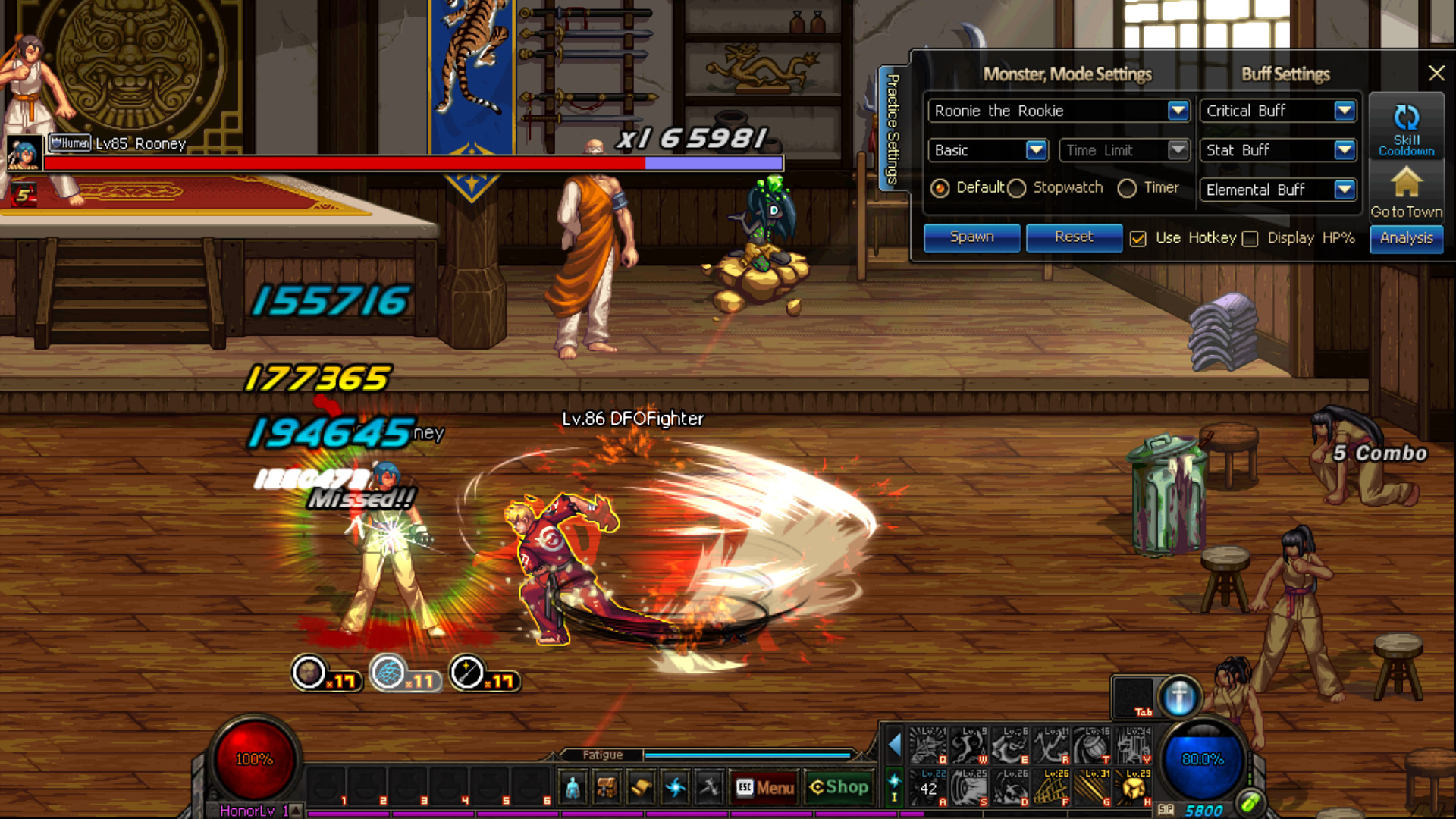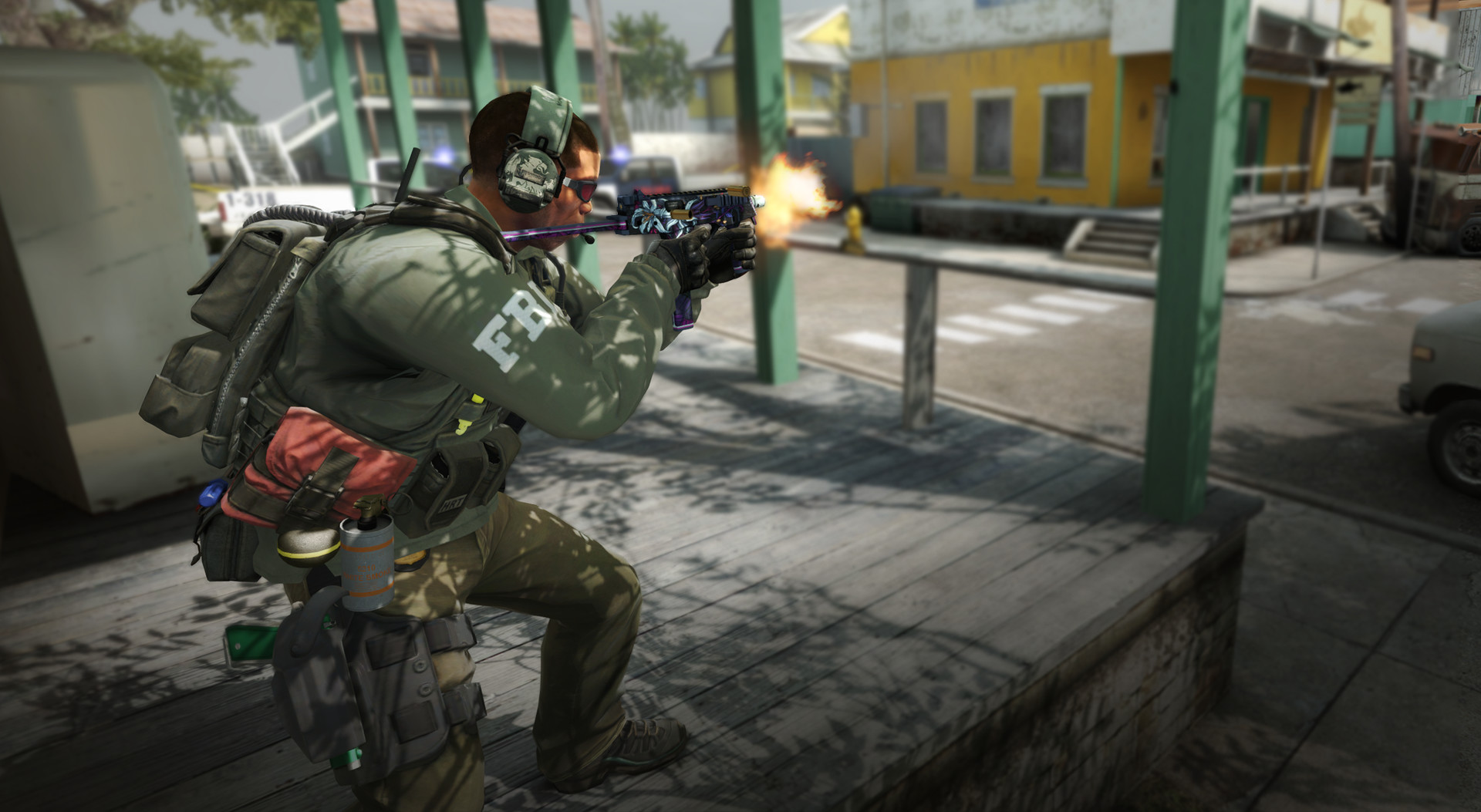Major Legal Conflicts in the Gaming Industry (January — June 2021)
Semenov&Pevzner Law Firm has prepared a large-scale report on the largest legal conflicts in the gaming industry over the past six months.
The review was prepared by Alexey Pereverzev, lawyer of Semenov&Pevzner, Ekaterina Smirnova, Managing Partner of the St. Petersburg office of Semenov&Pevzner, and Victoria Matveeva, lawyer of Semenov&Pevzner.
Alexey Pereverzev, Ekaterina Smirnova and Victoria Matveeva
The material covers both court proceedings and other significant cases from the legal point of view from the end of 2019 to the present. The work is divided into six parts:
- copyright;
- trademarks;
- patent rights;
- personal data;
- gambling mechanics;
- other cases.
Copyright
In previous issues of the review, we have already talked about the legal dispute between Nintendo and the owner of the pirate portal RomUniverse Matthew Storman.
Recall that the basis for the lawsuit filed in September 2019 in the court of the Central District of Los Angeles was the placement of “pirated” copies of the Japanese company’s games on the RomUniverse platform and the use of its trademarks. The company expected to receive compensation in the amount of $15.6 million for the entire set of violations identified.
In May 2021, the dispute was finally resolved, the claims were partially satisfied. The court ruled that the owner of RomUniverse must pay Nintendo a fine of $2.1 million.
Nintendo’s request to impose an indefinite ban on Matthew Storman to engage in certain activities for the purpose of suppressing possible similar violations in the future was rejected. The company could not prove that the owner of RomUniverse caused irreparable harm to it, which is one of the necessary conditions for meeting the relevant requirement in accordance with American law.
In addition, the court found the absence of another necessary condition — the insufficiency of other remedies (inadequate remedy at law). In particular, the court took into account that Matthew Storman stopped the activities of the disputed site, and monetary compensation was awarded in favor of the plaintiff, which is quite sufficient to restore the damage caused by past violations.
2. CD PROJEKT dispute with investors is gaining momentum due to the problematic release of Cyberpunk 2077
One of the most high—profile events of late 2020 – early 2021 for the gaming industry was the unsuccessful release of the widely anticipated Cyberpunk 2077 from the Polish CD PROJEKT. The game disappointed both users and investors of the studio. In December 2020, it became known that investors filed class-action lawsuits in American courts, demanding compensation for losses incurred after the release of the game. In addition, Polish lawyers and investors considered the possibility of filing an application for a possible crime (namely, misrepresentation in order to obtain financial benefits), responsibility for which is provided for by the Polish Criminal Code.
In May 2021, it became known from the press release of the studio that all the class actions brought against the company were combined within the framework of one production, the case continues. There is no more up-to-date information regarding possible criminal prosecution.
In June 2021, it was reported that the NMPA filed a lawsuit against Roblox on behalf of many music copyright holders in the District Court of the Central District of California.
Roblox is the owner of the eponymous online gaming platform that allows users to create their own and play games created by other users.
The basis for the lawsuit was that Roblox allegedly allows large-scale copyright infringement by deliberately creating a centralized library of synchronization of unlicensed songs for distribution, streaming, public performance and inclusion in game content. As the plaintiff, representing the interests of a significant number of music labels and artists, points out, by creating this library, Roblox plays every song included in it, charging users to download music for inclusion in their games.
In the statement of claim, NMPA demands the recovery of compensation from Roblox in the amount of at least $ 200 million.
Roblox has already responded to the statement of claim, stating that the company “does not accept copyright infringement (…) promptly responds to any reasonable request under the US Digital Millennium Copyright Act (DMCA), removing any infringing content (…) surprised and disappointed by this lawsuit, which represents a fundamental misunderstanding of how the Roblox platform works, and will vigorously defend Roblox while working to achieve a fair solution.”
4. Wargaming fails in legal disputes with former employees
Another significant case is the large-scale dispute of the Wargaming studio with its former employees, who founded the independent studio Press Fire Games (formerly known as BlitzTeam). The parties are engaged in several disputes in various jurisdictions – in Belarus, in the USA, as well as in Cyprus.
Recall that the essence of the disputes boils down to the following:
- Wargaming in court (the dispute was considered in Cyprus by the Nicosia District Court) banned the studio of former employees from using the word Blitz in relation to video games in the European Union;
- Wargaming filed civil lawsuits against five former employees in the Republic of Belarus and collectively demanded compensation from them in the amount of $1.69 million for allegedly illegally posting copies of the source code of the Framework/DAVA Engine on GitHub;
- In March 2020, Wargaming also filed a lawsuit in the Los Angeles Federal District Court, citing unfair competition and misuse of trademarks by Blitz Team.
Unlike the first dispute, the other two ended not in favor of Wargaming.
So, in December 2020, it became known that the Supreme Court of the Republic of Belarus approved the rejection of the company’s claim against former employees.
And a month later, in January 2021, a court in the United States also refused to consider the company’s claim, citing its lack of the necessary jurisdiction. In particular, in the judicial act, the court notes that “the defendant presented convincing evidence that the exercise of jurisdiction would be unreasonable.” The court came to this conclusion, having established in favor of this five of the seven factors that the court had to evaluate in order to resolve the relevant issue. As a result, the court pointed out that the consideration of the case by the American court does not comply with the principles of fair play and fair justice (fair play and substantial justice). As follows from available sources, Wargaming is currently attempting to challenge this decision.
5. The designer accused Capcom of illegally using her photos in their games
In early June 2021, designer Judy Juracek filed a lawsuit against the Japanese company Capcom in the District Court of Connecticut. In the lawsuit, she claims that the company used photos from her copyrighted book Surfaces in many games, including Resident Evil 4, Devil May Cry and so on.
In particular, the plaintiff pointed out that in various versions of the Resident Evil game and Capcom products, about 80 or more of her photos were used, which appeared more than 200 times in the Resident Evil series of games.
It is noteworthy that part of the evidence on which the designer bases his requirements was obtained after the data leak that Capcom suffered in 2020 (we wrote about this in the previous issue of the review).
At the beginning of February 2021, Re3 and revC were published on GitHub – two completely redesigned versions of the code of the popular GTA 3 and Vice City games.
As noted, the reconstructed code opened the door to many settings and modifications that make old games more convenient to play on modern computers.
On February 19, GitHub published a notice of violation of the US Digital Millennium Copyright Act (DMCA), in which Take-Two and Rockstar Games request the removal of the Re3 and revC repositories, as well as several forks. As a result, the relevant data was deleted from GitHub.
At the end of June, GitHub restored access to the repositories of the fan versions of Grand Theft Auto 3 and GTA Vice City.
In 2019, the developer of Pokémon GO, Niantic, filed a lawsuit in the District Court of the Northern District of California against the creator of Global++ cheats for intellectual property rights infringement and deterioration of the gameplay for legal players.
According to Niantic’s complaint, the only acceptable way to play its augmented reality games (Pokémon GO, Harry Potter: Wizards Unite and Ingress) is through original applications installed on mobile devices. They have permission to access Niantic servers and contain protected proprietary code that Global++ allegedly copied.
At the beginning of 2021, the parties settled the dispute by reaching a settlement agreement, which was approved by the court on January 12.
Under the terms of the agreement reached, the defendants admitted the violations, agreed to pay Niantic $5 million in damages and impose an injunction permanently prohibiting them from developing, selling or receiving payment for cheat programs or similar products. The defendants also agreed not to offer or receive payment for products using Niantic data or intellectual property, and to refrain from reverse engineering, decompiling or disassembling Niantic products. “Hacking or configuring” any tools capable of interfering with the protocols of the Niantic server is also prohibited.
8. Activision was sued for copyright infringement because of the character Call of Duty: Modern Warfare
In February 2021, Clayton Haugen, a screenwriter and photographer from North Carolina, filed a copyright infringement lawsuit against Activision and Infinity Ward, alleging that the companies made a direct copy of the character Cade Janus created by the plaintiff for his November Renaissance work.
As the plaintiff points out, the defendants used the character and her images to develop an animated in-game character named Mara for the game Call of Duty: Modern Warfare, and used additional photos of Mara to advertise the game.
At the end of April 2021, the defendants submitted a response to the statement of claim, in which they admitted that the plaintiff had never given them “a direct, explicit license for any work specified in the complaint.”
At the same time, the companies rejected all accusations of copyright infringement, pointing out, in particular, that they hired the same model and makeup artist as the plaintiff to create their character, which dictated the similarity in the appearance of the characters.
The case continues.
9. Nintendo has won a lawsuit against the seller of the pirated loader RCM
In November 2020, Nintendo filed a lawsuit in the U.S. District Court for the Western District of Washington against Le Hoang Minh, an Amazon seller running a business called Winmart. The seller distributed the RCM Loader, a device that allows people to play pirated video games, bypassing the technical protection measures of the Switch console.
In its lawsuit, Nintendo claimed that Le Hoang Minh was not only the seller of RCM Loader devices, but also their manufacturer, and therefore continued to demand the maximum statutory compensation for damages in the amount of profits actually received by the defendant and a broad injunction preventing any future sales.
However, Nintendo subsequently reduced the size of its claims to $2,500 for each violation in order not to prove the defendant’s true sales volume and to facilitate a faster and more effective resolution of this case by issuing a court order for damages for one violation of the US Digital Millennium Copyright Act (DMCA).
On April 15 of this year, a permanent injunction was issued against Le Hoang Minh and all other persons and organizations acting in concert, prohibiting everyone from circumventing or helping to circumvent any technical security measures that effectively control access to Nintendo copyrighted works.
It is also prohibited to manufacture, offer for sale, distribute, export or otherwise transfer to the United States “any and all products, services, devices, components or parts thereof” that are designed or manufactured to circumvent security measures on Nintendo consoles, products and protected works.
With regard to the RCM Loader and any product with an identical function, the court prohibited the defendant from selling, distributing, importing and/or shipping to any individual or entity in the United States. Le Hoang Minh is also prohibited from indirectly infringing, facilitating, encouraging, promoting or inducing infringement of Nintendo copyrights existing now or in the future.
The court also allowed Nintendo to confiscate and destroy all circumvention devices and software violating its copyrights or exclusive licenses. In addition, he awarded compensation in the amount of $2,500 requested by Nintendo, and reminded the defendant that any violation of the order could be punished as contempt of court.
10. The cheat-maker Valorant and Destiny 2 were sued for copyright infringement
On January 8, 2021, Riot Games and Bungie, who own the rights to Valorant and Destiny 2, filed a lawsuit in the District Court for the Central District of California against the manufacturer of GatorCheats cheats in the United States for copyright infringement.
The plaintiffs claim that by providing their tools designed for Valorant and Destiny 2, the defendant was engaged in trading in malicious software in violation of the provisions of the US Digital Millennium Copyright Act (DMCA) prohibiting circumvention of remedies.
“With this lawsuit, the Plaintiffs seek to put an end to the illegal commercial sale and distribution of malicious software products designed to enable members of the public to gain unfair competitive advantages (for example, to cheat) in games, and thus to damage and destroy the Plaintiffs’ games, the Plaintiffs’ general business and the Plaintiffs’ player community experience.” – the complaint says.
The companies claim that the software distributed by the defendant allows players to manipulate Valorant and Destiny 2 for their own personal interests, for example, automatically pointing weapons, showing the location of opponents and allowing the player to see a huge amount of information that would otherwise be hidden, which leads to a deterioration of the gameplay for ordinary players and costs companies huge reputational and financial costs.
As a result of these alleged violations, the plaintiffs are seeking either recovery in their favor of the profits associated with the sale of cheats, or the maximum statutory compensation of $2,500 for violation of the US Digital Millennium Copyright Act (DMCA). Gaming companies are also looking for access to financial reports showing GatorCheats sales and how much money was earned. This amount can be significant.
In addition, the plaintiffs are seeking an injunction to prevent GatorCheats from further violating their rights, demanding that the creator of the cheats shut down his software and remove it from the Internet.
At the time of publication of the review, the proceedings are ongoing.
2. Trademarks
On May 14, 2021, Epic Games filed a lawsuit in the U.S. District Court for the Eastern District of North Carolina against the Chinese manufacturer of smart glasses Nreal for violating the Unreal Engine trademark.
The dispute was provoked by a Chinese manufacturer’s application for registration of the Nreal trademark in the United States. Epic Games notes that it has various Unreal trademarks related to software, video games, virtual worlds, 3D visualization, animation and platforms, and therefore, according to the lawsuit, the name Nreal was not chosen by chance by the Chinese company. Epic claims that both companies also compete in the same business area, and wants to compensate for losses and contribute to the rejection of the application for registration of this trademark.
The Chinese company Nreal produces the augmented reality headset Nreal Light, which projects three-dimensional objects into real space, and has developed a demo game called Nreal Tower. Her glasses appeared in Korea last year. Nreal has announced plans to launch in the US in the second quarter of 2021.
Although Epic Games does not currently produce augmented reality headsets, it has shown interest in both AR and VR technologies. Earlier this year, the company bought RealityCapture. This leads to the conclusion that it plans to enter the AR and VR market. In this regard, it actively prevents Nreal from entering the US market under its registered designation.
If Epic Games wins, Nreal will be forced to abandon the disputed trademark and pay compensation.
Note that this is not the first conflict between Epic Games and Nreal on this designation. In 2018, Epic Games filed an objection to Nreal’s attempt to register its name in the United States with the US Patent and Trademark Office, after which the companies discussed a settlement agreement. However, the lawsuit filed this year claims that this discussion turned out to be fruitless, so the dispute will be considered in court.
We believe that the key issue in considering this dispute will be the assessment of the real possibility that consumers can accept Nreal glasses for an Unreal brand product, given that Epic Games has not yet released its glasses under this brand. Nevertheless, this dispute is interesting from the point of view of preventive trademark protection from potential confusion in the eyes of consumers due to the similarity of brand names.
At the time of the review, the case is being considered.
12. Activision is suing the developer of a browser game because of the Warzone designation
On April 8, 2021 , Activision filed a lawsuit in the District Court for the Central District of California against the creator of the game Warzone.com , Fizzer Studios, in response to the demands of an indie developer to ban Activision from using the Warzone designation in the Call of Duty game. Activision demands that it be allowed to use the Warzone and Call of Duty: Warzone designations as trademarks.
Recall that in June 2020, the publisher Activision filed an application for registration in the United States of the trademarks Warzone and Call of Duty: Warzone in the category of “downloadable video game software” and “entertainment services”. In October of the same year, the developer of the Warzone browser strategy Randy Ficker also wanted to secure the right to the Warzone trademark and filed a lawsuit in which he threatened Activision with a large fine for violating his rights to the designation and demanded Activision to abandon the use of the word Warzone. Ficker also stated that the release of Call of Duty: Warzone seriously affected the success of his browser project and caused “considerable confusion among consumers.”
Indie developer Randy Ficker has launched a browser game Warzone.com in 2017 — almost three years before the release of Call of Duty: Warzone. However, he decided to register the trademark only four months after the filing of the Activision application. The creator of Warzone is sure that the use of the word Warzone in the popular battle royale in the Call of Duty series violates his copyright on the designation that he wants to register as a trademark and even launched a GoFundMe fundraiser to fight the publisher.
Now Activision has filed a lawsuit to admit that the two games cannot be confused and that Warzone is a popular word and is often found in video games related to battles. So, the Warzone 2100 strategy from Pumpkin Studios was released in 1999. In the same year, Paradox Entertainment bought the rights to the brand of the Warzone board game based on the Mutant Chronicles universe.
The trial has just begun, the date of the hearing has not yet been set.
3. Patent rights
13. Activision Blizzard won a patent dispute that lasted nine years
In 2012, Worlds Incorporated of Massachusetts filed a lawsuit against Activision Blizzard for patent infringement. According to the plaintiff, Activision illegally used five patents related to “a system and methods that allow users to interact in a virtual space.”
According to Worlds Incorporated, the company invented and patented the technology of “three-dimensional multiplayer game with servers“, as well as the technology of “displaying the player’s avatar in three-dimensional space“. And Activision Blizzard allegedly violated these patents with its network games.
In simple words, Worlds’ position was that they came up with the idea of 3D multiplayer, in which the server “filters” the number of players that are visible to every other user. Activision Blizzard objected that the idea was too abstract to be covered by patent law. As a result, on April 30, 2021, the court ruled in favor of Activision Blizzard, stating that the Worlds patents are “absolutely abstract ideas.”
The Japanese corporation Nintendo is suing the developer of the mobile White Cat Project. The main claim of the company is that five of its patents have been violated in the Colopl game at once. For this, Nintendo wants to recover $47 million.
The proceedings began five years ago. In 2016, Nintendo accused the authors of the White Cat Project of using patented solutions. Throughout the year, Colopl tried to negotiate with the corporation, but without success. Nintendo was not satisfied with the explanations of the developers, and in 2018 she filed a lawsuit.
The trial is still ongoing. However, if initially Nintendo demanded payments of ¥4.4 billion ($41.7 million) from Colopl, then in February 2021 this amount increased to ¥4.95 billion ($47 million). The Japanese explained their decision by saying that the trial lasts too long and legal costs have accumulated during this time.
Which patents exactly did Colopl violate in the White Cat Project:
- control using a virtual joystick on touch-screen devices;
- multi-user connection features;
- a special shadow display effect when characters are visible behind in-game objects. This was, for example, in the three-dimensional games of the Mario series;
- a way to automatically aim at enemies when you tap on the screen.
Colopl is still confident that Nintendo’s claims are groundless. At the same time, last February, the developers announced a change in the management system in the White Cat Project. But, according to them, it was not related to the lawsuit and patents.
In 2017, Ironburg Inventions, which is the parent company of SCUF Gaming, filed a lawsuit in the U.S. District Court for the Western District of Washington against Valve for patent infringement in the development of Steam Controller, namely the buttons on the back of the controller.
Ironburg Inventions noted that Valve was warned about the patent infringement of its subsidiary in 2014 after the prototype Steam Controller was first shown at CES. However, Valve claimed that its buttons were different from the buttons in the patent, so there were no violations. And then I continued its development and put it on sale. Steam Controller was discontinued in 2019, after four years on the market.
In February 2021, the court ruled that Valve is obliged to pay $4 million to Ironburg Inventions for patent infringement of its subsidiary SCUF Gaming. Valve filed a motion asking either to rule according to the law (to reverse the court’s decision and make a new decision), or to appoint a new trial, because the jury’s conclusions and compensation for damages “were not supported by evidence.”
On May 26, 2021, the Federal court of the State of Washington rejected Valve’s petition with the provision of a last opportunity to appeal this decision. On the other hand, the court rejected Ironburg Inventions’ request for an increase in compensation for damage, as a result of which the amount of compensation could be tripled.
In the last review, we told that Electronic Arts faced user complaints due to the functioning of the patented technology of dynamic adjustment of complexity.
The applicants withdrew a class action lawsuit filed in November 2020 by US residents Pranko Lozano, Danyael Williams and Jason Zajonc from the court in March 2021.
Recall that the players accused EA of allegedly using adaptive complexity technology (Dynamic Difficulty Adjustment) in FIFA Ultimate Team, as well as in their other sports franchises — Madden NFL and NHL. The plaintiffs claimed that Electronic Arts intentionally and secretly regulated the difficulty of matches in games in order to encourage users to buy loot boxes.
Electronic Arts has repeatedly noted that it has a patent for adaptive complexity, but the company does not use this technology in FIFA, NHL and Madden NFL.
In March 2021, EA once again stated this and said that the players who sued her withdrew the lawsuit after “they got acquainted with detailed technical information and had the opportunity to communicate with the developers.”
The company also noted that it does not use and does not plan to use analogues of adaptive complexity technology.
17. The court ordered Supercell to pay another $92.2 million to Gree for violating its patents
As we already told in the previous issue of the review, in September 2020, the court ruled on the first of a series of disputes between the Finnish Supercell and the Japanese Gree. As a result, Gree was awarded $8.5 million in compensation for patent infringement, but now Supercell has to pay another compensation in the amount of $92.2 million – in another case.
In a new case pending before the District Court of the Eastern District of Texas, Gree claimed that Supercell used its patented technologies in its Clash of Clans and Clash Royale mobile titles, thereby making them better and earning over $3 billion from them.
Supercell, in turn, called the patents invalid and denied using any technologies protected by them. According to the verdict of the jury, the violation by Supercell was intentional.
Gree patents mention various solutions to improve the convenience of games, such as the method of conducting an attack in touch screen shooters, with which the game first displays the range of attack, then determines whether the target is close enough to attack, and then conducts the attack itself.
Despite the fact that the solutions and methods described in the Gree patents can be called general, the court sided with the Japanese company and recognized that Supercell violated four of the five patents under consideration, awarding compensation in favor of the plaintiff.
4. Personal data
18. As a result of a data leak, hackers gained access to the source code of FIFA21 and the Frostbyte engine
As it became known on June 10, 2021, hackers penetrated the network of the gaming giant Electronic Arts and stole a lot of the source data of games and related internal tools.
As follows from the company’s statement, “the players’ data has not been affected, and we have no reason to believe that something threatens the confidential information of the players.”
However, as last year’s experience of Capcom shows, during further checks it may turn out that the leak could also affect personal data, and therefore we recommend that you carefully monitor possible updates.
19. As a result of a data leak, hackers gained access to the source code of Cyberpunk 2077, later the data was “leaked” to the Internet
CD PROJEKT‘s problems related to Cyberpunk 2077 were not limited to the dissatisfaction of users and investors from the release. In February 2021, it became known that the company was subjected to a hacker attack, as a result of which the source codes of Cyberpunk 2077 and Witcher 3 were compromised.
From the initial statement of the company, it followed that, according to the information available to CDPR, the hacked systems did not contain personal data of players or service users.
At the beginning of June 2021, information appeared that the data obtained by hackers had been published on the Internet.
Information about any legal claims of users related to these circumstances has not yet been found.
5. Gambling
Currently, in South Korea, gaming companies are required to provide information about the probability of purchased loot boxes containing in-game items. According to the new rules, the coefficients for all in-game purchases related to randomness, such as improving skills, character or equipment, must also be disclosed.
The rules also state that the probability embedded in the loot box should be easily accessible to players. According to the previous rules, players had to visit the gaming company’s website or official forums to find out the probability of obtaining certain items.
Although these rules are self-regulating and have no legal support, K-Games has stated that it will closely monitor the 72 companies that are part of it, send the necessary notifications to violators and publish their list on its website.
The new rules will come into force on December 1, 2021.
21. The Brazilian authorities are intensifying the fight against loot boxes
The National Association of Centers for the Protection of Children and Adolescents (ANCED) opposed in-game purchases and, in particular, against loot boxes.
In April 2021, it became known that ANCED launched an investigation to restrict access to loot boxes in Brazil, which affected or may affect games from publishers such as Activision, EA, Konami, Nintendo, Riot Games, Ubisoft, Tencent, Valve and Garena.
It is noted that if the ban is approved, Brazil will consider the possibility of imposing fines for companies selling loot boxes, up to 4 million Brazilian reais ($ 706 thousand) daily.
6. Other
22. In China, a lawsuit was filed against Tencent over “unacceptable content” in Honor of Kings
The Beijing Center for the Protection of Children‘s Rights (BCLARC) has sued the city of Beijing against the Chinese gaming giant Tencent in connection with the Honor of Kings game. According to human rights activists, the title encourages gambling addiction and shows “unacceptable content”: openly dressed characters, violence and a distorted history of China.
The lawsuit was filed in connection with changes to the law on the protection of minors, which was amended on June 1 of this year.
Public figures drew attention to the fact that Tencent has consistently lowered the age threshold for players from 18 years in 2017 to 12 years in 2021. At the same time, individual characters of the game wear clothes with a deep neckline, and historical figures are involved in the storyline. According to the center, this demonstrates disrespect for the traditional culture of China.
The lawsuit was filed on June 1, 2021, so the proceedings are just beginning, but such a dispute can greatly affect the profitability of the company and the price of its shares.
23. Tencent stated that it owns all in-game items purchased by gamers
China’s Tencent in a specialized Internet court in Guangzhou is suing DD373.com — a platform for trading in-game items. The corporation claims that all virtual content in games (resources, weapons, skins, etc.) belong exclusively to it. Even if gamers spend real money on it. The giant’s statement immediately caused indignation among the players.
Tencent went to court after noticing that on DD373.com Players sell items from the Dungeon Fighter Online project (Tencent publishes it in China). According to the company, this violates its rights, so it demanded compensation from the owners of the platform in the amount of $ 6.2 million.
According to Tencent, game items in real life have no material value. You can use them in the game, but you can’t trade them. When gamers buy virtual things for real money, they only “pay for the support of the title.”
The court’s decision may affect the entire business of selling game items. The hearing on the case took place on April 8, 2021, but the court has not yet made a decision.
24. Epic Games and Apple are awaiting a decision on a high-profile dispute
By far, the most sensational case of 2020 for the gaming industry was the struggle of Epic Games with Apple and Google.
Recall that Epic Games appealed to Apple with a claim for violation of competition. The reason was that Apple removed the popular Fortnite game from the App Store, developed by Epic Games. Apple justified its decision by saying that Epic Games violated the rules of the platform by adding to its application the ability to pay for in-game purchases bypassing Apple’s service fee of 30%.
In May 2021, the main hearings on the case were held. The decision will be made later, it is expected that by August 13, 2021. Interestingly, the judge considering the case made it clear to the parties that her decision is unlikely to satisfy both sides, and an appeal, in her opinion, is almost inevitable. At the same time, it is noted that according to the results of the hearings, it is difficult to unambiguously predict the outcome of the consideration – experts are considering various options – both polar in favor of one of the parties and compromise.
Note at the same time that the American courts are not the only battlefield for the parties. So, in February 2021, Epic Games filed an antitrust lawsuit in the EU, and in March 2021 — in Australia.
At the end of January 2021, according to the results of a 7–year investigation, Valve and 5 other publishers – Bandai Namco, Capcom, Focus Home, Koch Media and ZeniMax were fined a total of €7.8 million for violating EU antitrust laws.
The reason for the fines was that publishers restricted cross-border sales of some PC video games based on the geographical location of users in the European Economic Area (EEA), introducing the so-called practice of “geo-blocking“. “Geo-blocking” was expressed in the fact that some games could be activated only in Poland, Hungary, Romania and the Baltic states, but not in other EU countries, which violates the freedom and unity of the EU economic space.
It should be noted that Valve expressed its intention to appeal the decision of the European Commission, but it was not possible to find information in open sources that the relevant actions were taken.
26. Steam users have accused Valve and a number of other companies of abusing market power
At the end of January 2021, five Steam platform users filed a lawsuit in the District Court of the Central District of California against Valve Corporation, CD PROJEKT, Ubisoft, Rust, Devolver Digital and kChamp Games.
According to the plaintiffs, Valve is abusing the market power of the Steam platform by requiring game developers to adopt the “most favored nation” provision contained in the Steam distribution agreement.
According to him, game developers agree that the price of a PC game on Steam should be the same as that at which game developers sell their PC versions on other sites. Because of this situation, other platforms cannot compete with it on price. As the plaintiffs point out, the most-favored-nation regime also hinders innovation and suppresses production, since it acts as an artificial barrier to the entry of potential competing platforms, and higher prices lead to lower sales of computer games.
At the moment, the case is being considered.
Popular streamer and CS player:GO from Las Vegas PhantomL0rd (James Varga) was permanently suspended from streaming on the Twitch platform in 2016 for allegedly violating numerous partner recommendations – one of the notable violations was a financial connection with a gambling site with an in–game skin, CS:GO Shuffle.
The lawsuit filed by Varga against Twitch in the San Francisco District Court in February 2018 was based on the fact that the company had to compensate the streamer for “significant monetary damage” caused by his inability to broadcast on the basis of an agreement concluded with the service. In addition, Varga pointed out that Twitch did not send a written notification of violations and did not provide the 30-day period stipulated in the contract for their elimination.
In turn, Twitch filed a counterclaim in May 2018, stating that the streamer was “warned and received fines on Twitch for streaming content that violates his contract.”
Based on the results of the case, the jury at the end of April 2021 ruled that Twitch “unfairly interfered with Varga’s right to receive the benefits of the partnership agreement,” and that this interference harmed him. As a result, the total amount of damages in the amount of $ 20.7 thousand was awarded in favor of the streamer: $ 15 thousand in the form of lost earnings for the first 30 days of suspension, $3 thousand in the form of lost donations and $2.5 thousand for lost sponsorship deals.
28. Sony was sued for refusing to sell download codes on third-party platforms
On May 5, 2021, PlayStation user Augustin Caccuri filed a lawsuit against Sony in the San Francisco District Court.
The basis for the lawsuit was that Sony previously allowed players to purchase games through download codes from third-party retailers such as GameStop and Amazon. But in 2019, after a leaked memo circulated on the Internet, Sony confirmed that download codes can only be purchased from the PlayStation Store, but not from third-party retailers. These restrictions established the plaintiff’s alleged “monopoly on the sale of PlayStation digital games.”
At the moment, the case is being considered.




